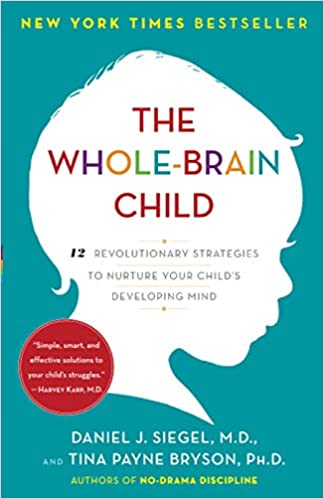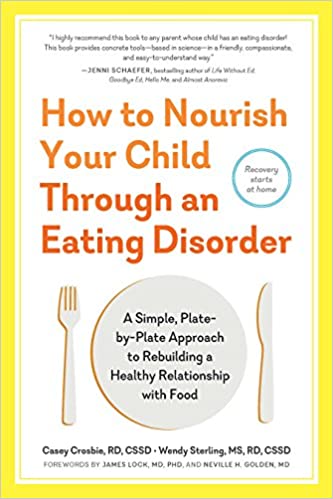 We’ve noticed our kids put on some extra weight during this pandemic, and we’re not sure what, if anything, we should do about it. Here are what doctors and specialists who work with kids say about what to do — and not to do — to get your family back on track.
We’ve noticed our kids put on some extra weight during this pandemic, and we’re not sure what, if anything, we should do about it. Here are what doctors and specialists who work with kids say about what to do — and not to do — to get your family back on track.
Do: Check in with your pediatrician to see whether the weight gain is outside the norm
A pediatrician can help assess whether your child’s weight gain is just part of their normal growth pattern, says Anna Lutz, a registered dietitian in Raleigh, N.C..
Your child’s doctor might also want to make sure that a child isn’t developing health problems like elevated cholesterol, fatty liver disease or sleep apnea.
Don’t: Tell kids there’s something wrong with their weight
When you’re talking to kids, focus on healthy habits, not weight, experts say.
The goal is to foster healthy habits in children that they’ll maintain throughout their lives, says Dr. Sandra Hassink, medical director of the American Academy of Pediatrics Institute for Healthy Childhood Weight.
Do: Get bedtimes back on track
In the chaos of the pandemic, and during summer breaks, sleep and wakeup times slid later and later for lots of kids, says Dr. Nazrat Mirza, medical director of the pediatric weight management clinic at Children’s National Hospital in Washington, D.C.
If sleep routines have become a problem in your household, Hassink suggests trying to move kids’ bedtimes back by 15 minutes every two or three nights.
Don’t: Put your kids on a diet.
Restrictive eating is not for kids. And restrictive diets can also backfire. “In the long run it actually leads to increased weight gain,” Lutz says, and it can set someone up for gaining and losing weight over and over again, which can have health consequences of its own.
Do: Create more structure around meal times.
All-day-long, unsupervised grazing became a habit in many households in the early days of the pandemic as many parents found themselves on constant work Zooms.
Creating and sticking to set meal and snack times can help kids regulate their appetites and develop sensible eating habits, experts say.
Do: Build movement breaks into the day.
The pandemic has had us all glued to screens. Break up all that sitting — and cut back on screen time — with small and frequent bouts of movement, Hassink says. That could be a quick game of tag or an outdoor playdate or walking to the corner store with mom or dad. For older kids, she suggests having them invite a friend over to play or join you in a family outing, such as a family bike ride.
Don’t: Try to overhaul everything all at once.
It takes energy to make change, and tackling too many changes at once can be overwhelming, Hassink advises. Instead, pick one or two changes you want to make at first to get your family back to healthy habits.
Do: Make changes as a family.
No matter what changes you make, make sure you make them for the whole family, experts advise. Why? For starters, you need the support of the people around you, says Hassink. “If you’re living in the midst of your family and you’re the only one trying to make the change or having to make the change, it’s not going to work.”
Excerpted from “Why Focusing on Healthy Habits, Not Weight Gain, Can Better Help Kids” on KQED’s MindShift. Read the full article for more details.
Source: KQED | Why Focusing on Healthy Habits, Not Weight Gain, Can Better Help Kids, https://www.kqed.org/mindshift/58357/why-focusing-on-healthy-habits-not-weight-gain-can-better-help-kids | © 2021 KQED INC
Do you need someone to talk to? To schedule an evaluation or to get advice about your child’s challenges, call or email a CHC Care Coordinator at 650.688.3625 or careteam@stage.chconline.org CHC teletherapy services are available now.





